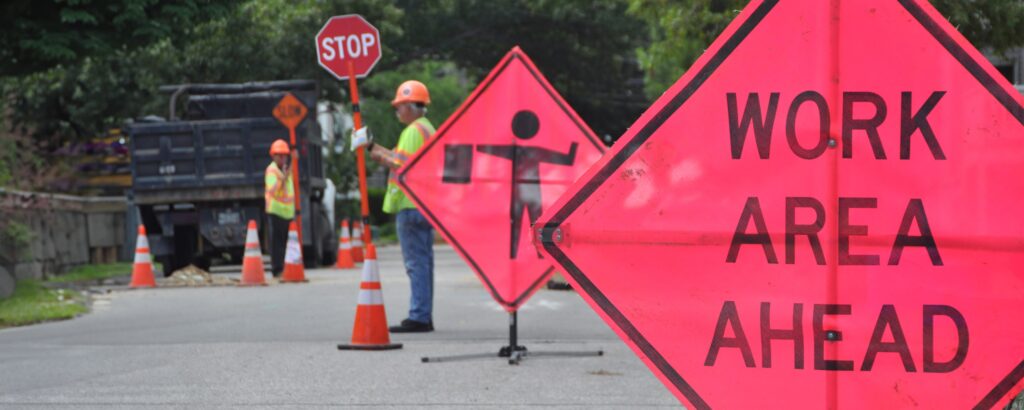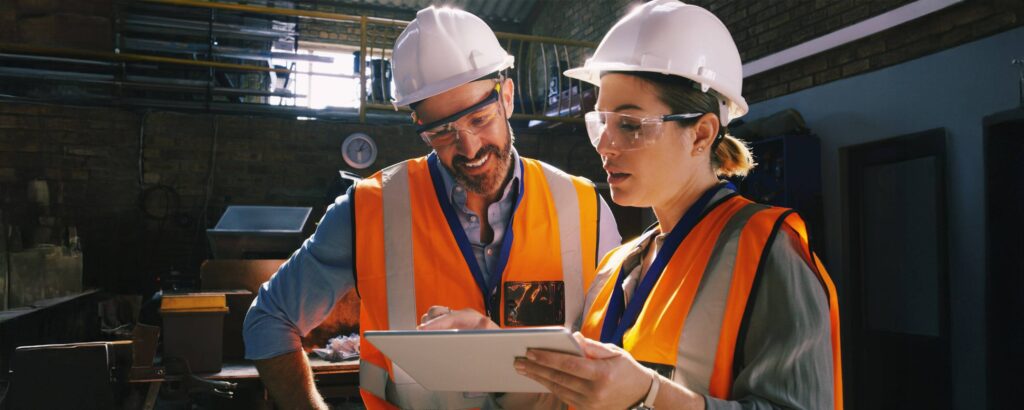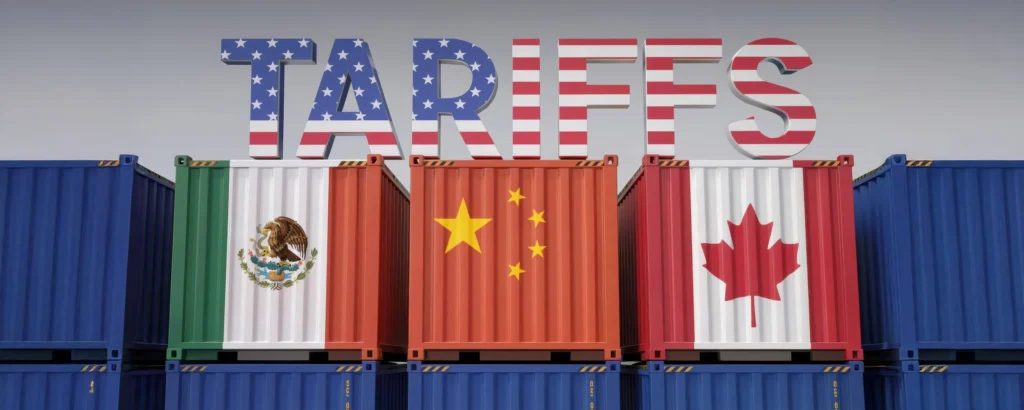Summer is the busiest time for the construction industry. Companies across the country are adding more jobs but with unemployment at 3.6%, contractors are struggling to find enough workers to meet demand, according to the Associated General Contractors of America (AGC). But there could be a huge untapped pool of potential candidates at your disposal: those entering or re-entering the civilian workforce.
People transitioning to civilian life from the military or criminal justice system are not only looking for work but are often well suited for construction.
Veterans Re-Entering the Workforce
There are 1.3 million active-duty military veterans who will return to civilian life at some point. And while in service, members of the military have developed many transferable skills that are useful in the construction industry, including leadership skills and being self-motivated, reliable and task orientated. Groups like Helmuts to Hardhats have helped transition 400,000 veterans to construction trades for these reasons. The Build Your Future program (BYF) provides service members with NCCER credentials for the training they already received in the military and provides contractors with an outline of each MOS code, the equivalent NCCER training veterans still need as they center the industry.
AGC has partnered with BYF to help veterans find careers in construction with information that breaks down military job titles match up with NCCER training. For example, someone in the Army working as a carpentry and masonry specialist has the equivalent of NCCER training for carpentry level 1-4 when they return to civilian life.
There is also hiring potential for those who have been involved in the criminal justice system.
People Involved with the Criminal Justice System Re-entering the Workforce
Every year a significant number of people return from incarceration in the US to the tune of 610,000 being released annually from state and federal prison. These people are looking to work at higher rates than the general public, 93.3% versus 83.3%, according to Prison Policy Initiative. And actively recruiting these workers benefits both them and the hiring company.
According to the National Career Development Association, justice-involved individuals who secure employment have increased self-esteem, a positive sense of identity and a more stable lifestyle out of crime. Similar to those in the military, those involved in the justice system can complete specialized job training while incarcerated. Employers that hire former inmates may not only get solid workers but also demonstrate evidence of nondiscriminatory hiring practices, potentially qualifying for tax credits and free bonding services.
Expand Your Hiring Pool
Hiring veterans and those involved with the justice system could provide construction companies with a big pool of untapped potential. And, while a potential economic downturn doesn’t look as severe as it did at the beginning of 2023, labor shortages will continue to be an issue for the foreseeable future.
Want to learn more about how other companies are successfully reaching out to veterans and the formerly incarcerated?
AGC’s 2022 National Construction Industry Workforce Summit report shares insights and results from key stakeholders across the industry about how to address the challenges faced by construction. This includes some of the challenges and considerations when recruiting, hiring and managing people re-entering the civilian workforce.
Or download our Infographic “Transition to the Trades” to learn more.


